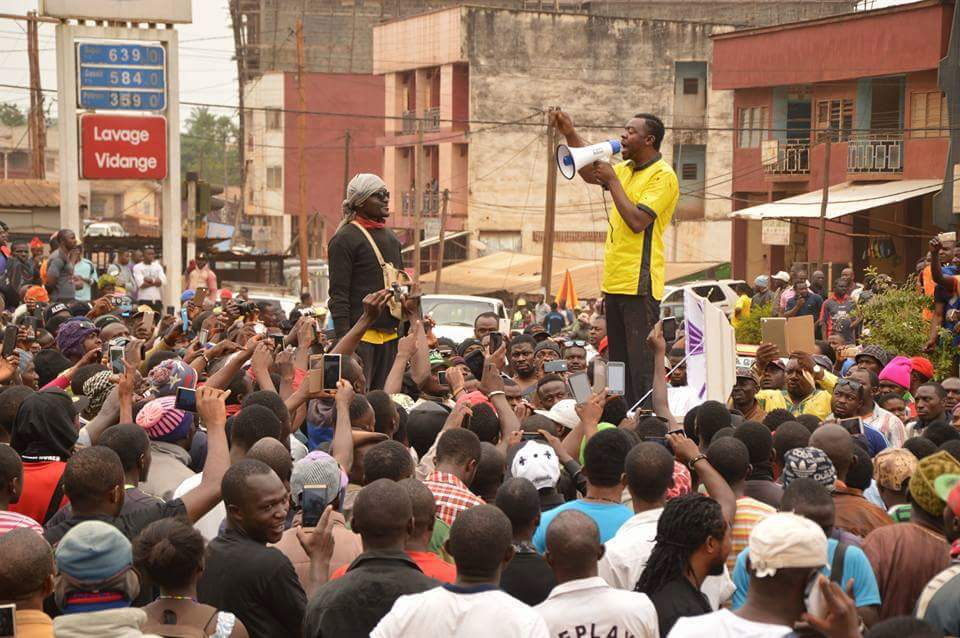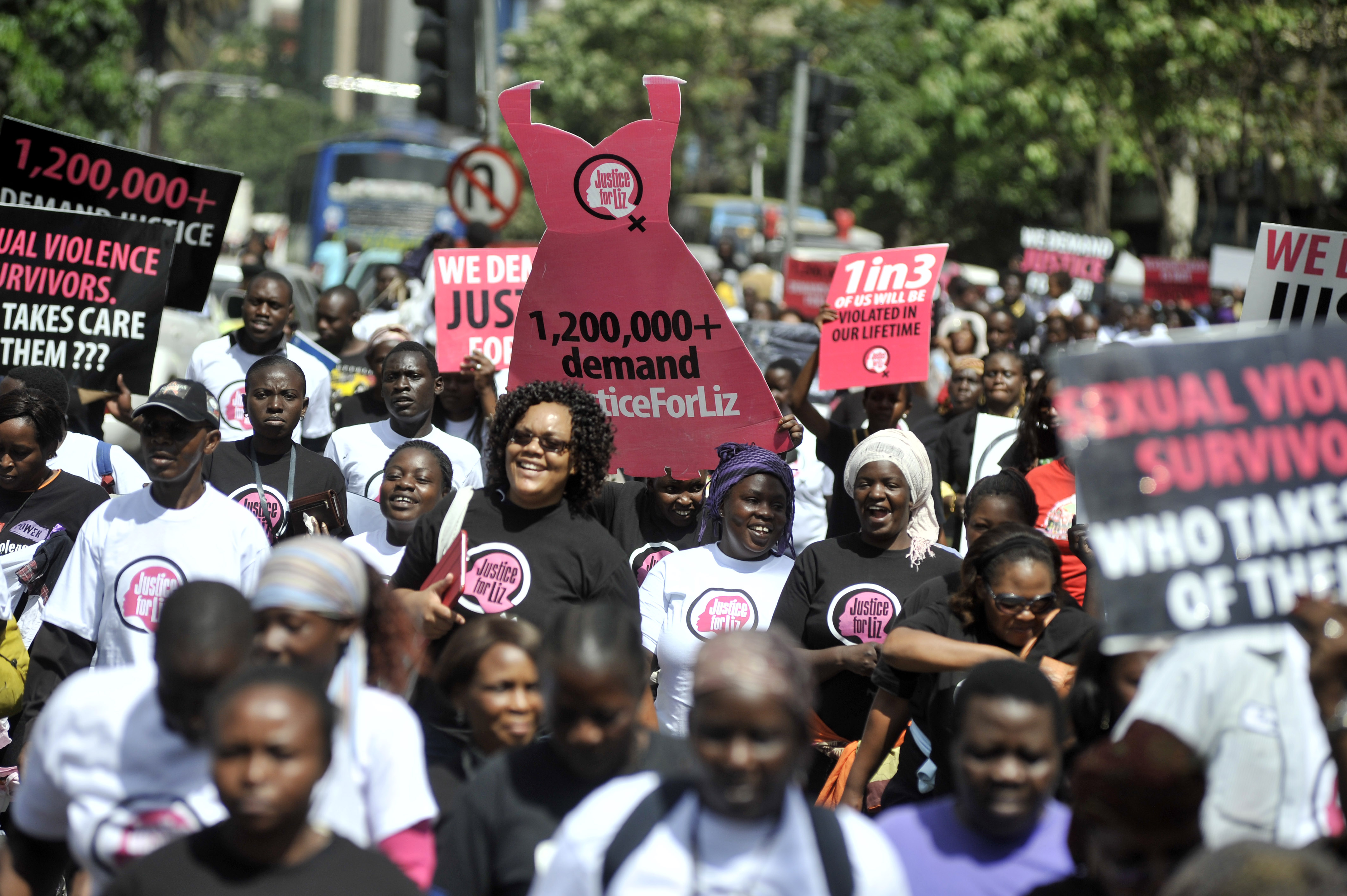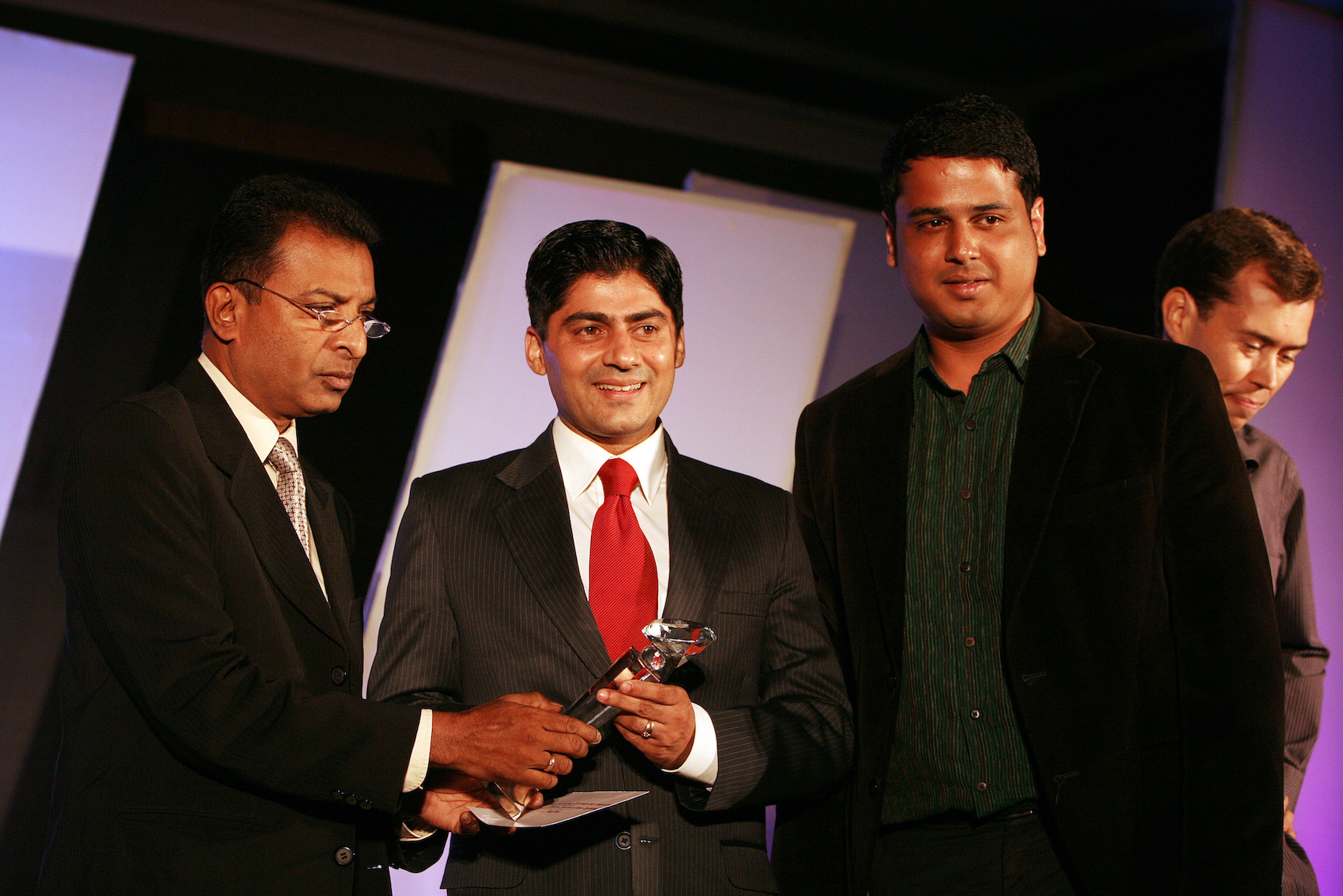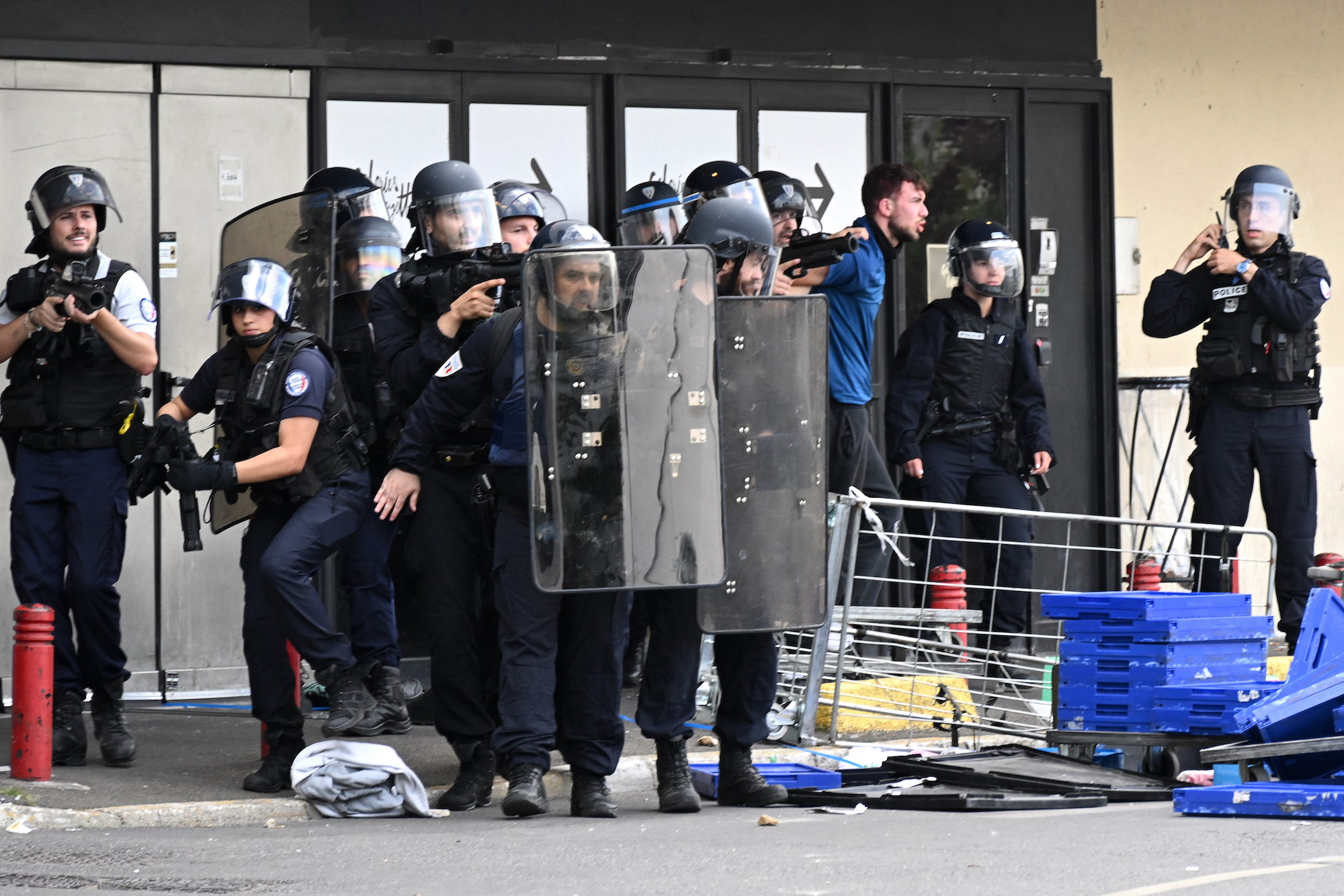A New Legal Challenge Emerges for Journalism Digital Refuge
Following the government's crackdown on media and free press in India, journalists sought refuge in platforms like YouTube and social media to uphold the principles of independent journalism. The emergence of a new generation of tech-savvy journalists turned these digital spaces into their primary arenas for disseminating news and analysis.
However, the optimism surrounding these alternative platforms is now facing a formidable challenge with the unveiling of the draft Broadcasting Services (Regulation) Bill, 2023. Presented by the Union Ministry of Information and Broadcasting on November 10, this legislation aims to establish a comprehensive legal framework for the broadcasting sector in India, replacing the aging Cable Television Networks Regulation Act of 1995. Notably, it extends its jurisdiction to encompass over-the-top media providers and digital news platforms.
The bill will only add to the already existing climate of censorship and control, given the excessive power of the central government to intercept and monitor, seize equipment, delete programmes or take them off the air and completely prohibit broadcast operators or broadcasting services in specified areas.
The real cause for concern among experts is the potential erosion of independent journalism's foundation due to the bill's provisions. Most alarming is the perceived threat to freedom of expression, as the proposed legislation grants the government authority to regulate and censor content across television, internet, and radio. This power includes the ability to delete or modify programs, raising fears of targeted suppression of news critical of government policies.
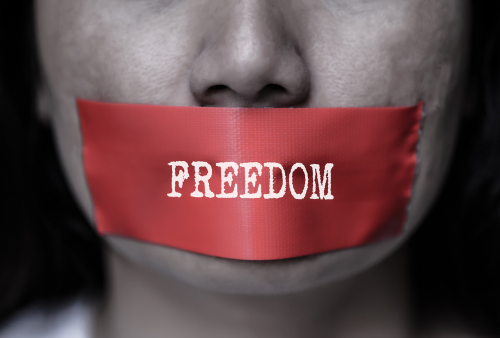 The broadcasting bill If converted into an act of parliament could deliver a decisive blow to the already beleaguered landscape of independent journalism in the country. As journalists navigate these precarious waters, the struggle to safeguard the integrity of the press and the right to dissent intensifies in the face of potential government overreach and censorship.
The broadcasting bill If converted into an act of parliament could deliver a decisive blow to the already beleaguered landscape of independent journalism in the country. As journalists navigate these precarious waters, the struggle to safeguard the integrity of the press and the right to dissent intensifies in the face of potential government overreach and censorship.
Independent journalist Mandeep Punia, who runs his own YouTube channel, not only expresses deep concern about the impending changes that the Broadcasting Services (Regulation) Bill, 2023, might usher in but also holds a constant belief that the challenges he and his fellow journalists currently grapple with in the country may intensify. He foresees a scenario where law enforcement agencies could become tools to stifle dissent, as the legislation empowers authorities to block content, penalize journalists, and even erase their programs if deemed critical under the new legal framework. Punia apprehensively anticipates a chilling effect on journalistic freedom, where the looming specter of government intervention could cast a shadow over the independent voices striving to uphold the principles of truth and accountability.
 "The breadth of the broadcasting definition in the bill is so extensive that it inevitably engulfs us," remarked Punia.
"The breadth of the broadcasting definition in the bill is so extensive that it inevitably engulfs us," remarked Punia.
"Over the last 3-4 years, anyone producing news content has experienced the abrupt disappearance of their programs or the withholding of pages on Facebook and Twitter accounts. Although, upon reaching out to the platforms, we would often receive some information, attributing it to government demands. We had alternative routes to reclaim our content, but now it appears that all of this will become legal, leaving us with no recourse."
Punia's social media pages have been subjected to attacks on four occasions. "The assaults came from various quarters – once from the Punjab government, another time from the Haryana government, and the remaining two instances were orchestrated by the central government," revealed Punia, the force behind 'goan savera,' a platform primarily dedicated to highlighting issues faced by farmers and rural communities. As the proposed legislation looms, Punia's experiences underscore the potential magnification of such attacks on independent voices, creating an ominous atmosphere where legal frameworks might embolden such suppression tactics.
In a nation currently at the 161st position out of 180 on the World Press Freedom Index, the vulnerabilities of independent journalists are accentuated. A YouTube channel or Instagram account, despite serving as alternative platforms for disseminating information, lacks the robust protections afforded by established mainstream media companies. The stark realities include minimal financial security, a dearth of legal support, and a glaring absence of physical protection for these independent voices. In this challenging landscape, journalists find themselves navigating treacherous waters where the pursuit of truth is hampered by a lack of institutional support and heightened risks to personal well-being.
Most alarming is the perceived threat to freedom of expression, as the proposed legislation grants the government authority to regulate and censor content across television, internet, and radio. This power includes the ability to delete or modify programs, raising fears of targeted suppression of news critical of government policies.
Voices of Resistance and Concern
“There have been several attempts to regulate broadcast media in India. The Broadcast Bill is the latest and most severe attempt to regulate broadcast media and bring in digital media into its ambit. The bill will only add to the already existing climate of censorship and control, given the excessive power of the central government to intercept and monitor, seize equipment, delete programmes or take them off the air and completely prohibit broadcast operators or broadcasting services in specified areas.” Said Geeta Seshu, Founding Editor of the Free Speech Collective, set up in 2018 to protect the right to freedom of expression.
Seshu also highlighted that this bill has grave implications for the future of broadcasting and indeed, for all communication media in India. “Yes, we do need a legislative framework for media that will enable robust self-regulation by stakeholders. However, this has to adhere to democratic principles enshrined in the Constitution of India.”
The International Perspective
Network of Women in Media India (NWMI) a forum for women in media professions to share information and resources, exchange ideas, uphold media standards and ethics, and promote gender equality within the media as well as society in a statement too emphasised the potential damage the bill could inflict on the country's free press, free speech, and creative freedom. The forum has made a detailed submission to the Central Government regarding the proposed bill.
The submission highlighted that this bill intends to control and over-regulate is not in the interests of a healthy, independent media or a thriving culture of entertainment and that It goes against the very foundations of media freedom in mature democracies everywhere and will irreparably damage the free press, free speech and creative freedom in India.
“Since this Bill could potentially drastically alter the media landscape in India, NWMI has exhorted the government to not, under any circumstances, proceed with it without exhaustive discussions among the key stakeholders involved.” the statement read.
If this bill were to be enacted into law, everything that currently appears legal in the context of news may be deemed illegal under its provisions and the person can be intimidated, arrested, or can be put behind bars.
The Chilling Effect on Digital Platforms
According to the recent Google Transparency Report during the first half of 2023, India ranked third in the number of government takedown requests sent to YouTube. Primary reasons for these requests included "defamation," alongside categories such as "hate speech," "national security," and "government criticism."
At 29 years old, Sandeep Singh, an independent journalist based in Punjab, focuses on reporting on issues such as caste, religion, and farmers' concerns. His primary concern lies in the safety challenges he and his sources may encounter. Relying on Instagram as his main platform for broadcasting news, Sandeep is particularly uneasy about the potential risks to his equipment. "I primarily use a phone, tripod, lights, and mics to record and report news. However, if the government disapproves of my coverage, everything, from my gadgets to my sources, could be in jeopardy," Sandeep expressed in a phone conversation with Aljazeera Journalism Review.
 Sandeep, a commerce graduate by education has been in the field of journalism for the past 4 years and goes by the name ‘Punyaab’ with a substantial following on Instagram, he gained recognition for his comprehensive coverage of the farmers' protests. His X account had previously faced blocks, raising concerns about the potential impact on his work if accounts were blocked or withheld after the adoption of the bill.
Sandeep, a commerce graduate by education has been in the field of journalism for the past 4 years and goes by the name ‘Punyaab’ with a substantial following on Instagram, he gained recognition for his comprehensive coverage of the farmers' protests. His X account had previously faced blocks, raising concerns about the potential impact on his work if accounts were blocked or withheld after the adoption of the bill.
“Previously, journalists and informed citizens enjoyed a certain freedom to express their opinions about the government and its policies on various social media platforms like X (formerly known as Twitter), Facebook, or Instagram. Typically, if the government disapproved, it would send requests to these platforms to restrict or suspend such accounts. In response, individuals had the option of approaching the court for resolution.” Sandeep expressed “Sometimes, the accounts were restored, while other times they were not. Although scrutiny existed, there were avenues for resolution. However, if this bill were to be enacted into law, everything that currently appears legal in the context of news may be deemed illegal under its provisions and the person can be intimidated, arrested, or can be put behind bars.”
The Future of Online Expression
Internet Freedom Foundation which defends online freedom, privacy, and innovation in India also issued a detailed review of the bill in which they said that the “Broadcasting Services Bill is not looking like a wow: Our First Read #LetUsChill.”
They include concerns over the inclusion of “Over-the-Top (OTT)” content (streaming platforms that offer content directly to viewers) & digital news under the Ministry of Information and Broadcasting's regulatory ambit and expressed concerns for online free speech and journalistic freedom.





























![A demonstration against Israel's war on Gaza on Paulista Avenue in São Paulo on November 4, 2023, draws attention to the deaths of children while the media focuses on the war against terrorists. [Photo: Lina Bakr]](/sites/default/files/ajr/2024/Picture1.png)

